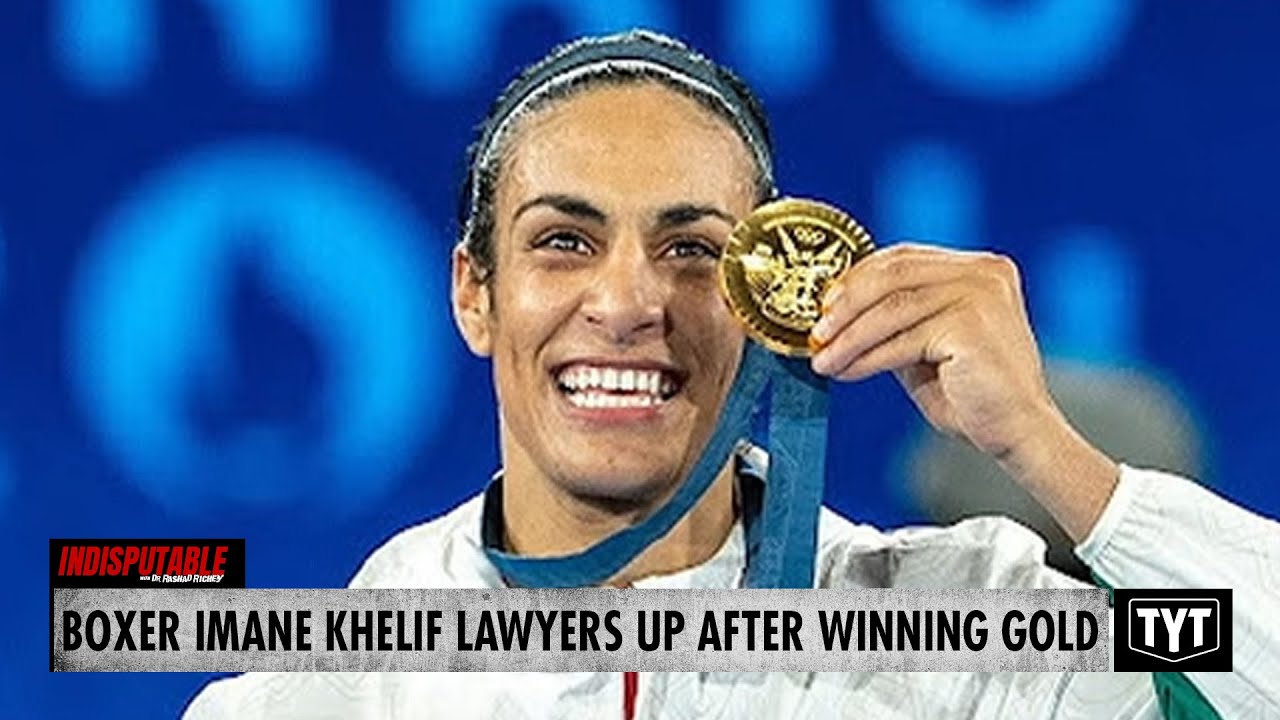In the fiercely competitive realm of professional boxing, where grit and determination are as vital as skill, few stories resonate with the profound tenacity of Imane Khelif. The Algerian pugilist, who recently captured an Olympic gold medal in Paris, has not only etched her name in the annals of sport but has also become an unwitting focal point in a complex global dialogue surrounding gender, fairness, and inclusion in athletics.
From Humble Beginnings to Olympic Gold
Khelif’s journey to the top of the boxing world is a testament to raw ambition forged in challenging circumstances. Her passion ignited at the tender age of fifteen, a pursuit met with initial skepticism, particularly from her father, a common sentiment in her small Algerian hometown for a girl entering such a demanding sport. Yet, with her mother`s steadfast support and her own unwavering resolve, Khelif pressed on. She would walk ten kilometers daily to training, often funding her aspirations by selling bread, aluminum, and scrap iron on the streets. Such sacrifices, both physical and financial, painted the canvas of her early career, molding her into the formidable athlete she is today.
The triumph at the Paris Games, for Khelif, transcended mere athletic achievement. It was the culmination of relentless effort and an emphatic answer to the doubters. Speaking about her victory, she states, “The gold medal win at the Paris Olympics has given me even more drive. I faced many challenges to achieve this success, including bullying, and I want to keep fighting to silence those who doubt me.” This gold, she asserts, isn`t just hers; it`s a beacon for women in sport everywhere.
The Paris Paradox: Triumph Amidst Turmoil
Her Olympic glory, however, was not without its shadows. Khelif`s participation in various international competitions has been intermittently plagued by controversies surrounding her gender eligibility. While the International Olympic Committee (IOC) deemed her eligible to compete in Paris, other prominent boxing bodies, such as the International Boxing Association (IBA), have adopted a different stance. Khelif was notably excluded from the Eindhoven Box Cup and the World Championships in Serbia due to “high testosterone levels,” criteria that the IOC itself has previously criticized as “irremediably flawed.”
The disparity in eligibility rules across different organizations highlights a significant, and perhaps ironically perplexing, chasm in modern sports governance. One might wonder if the scientific consensus on fairness shifts depending on the competitive stage or the organizational acronym involved. For an athlete, this lack of uniformity creates an unsettling uncertainty, transforming what should be a clear path to competition into a bureaucratic obstacle course.
Khelif articulates the profound impact of this inconsistency: “As an athlete, I dedicate my entire life to training and preparation, and I respect the rules as they are written. But when external pressures make everything unclear, it becomes easy to be subjected to sudden and unjust decisions. This not only harms the athlete but also the very spirit of sport, which should be based on transparency and mutual respect.”
A Fight for All Women
Despite the external noise, Khelif maintained her focus at the Olympics, demonstrating a mental fortitude as strong as her physical prowess. She views her experience not as a personal tribulation, but as a catalyst for wider change. “My experience at the Olympics shows that any athlete can become a victim, and what happened was very damaging, but I managed to stay focused without being influenced by the clamor around me,” she reflects.
Indeed, Khelif believes her case has already helped illuminate the often-unseen struggles women face in sports. “I believe it has helped shed light on the challenges women face in sport and the injustices they sometimes suffer due to discrimination,” she states with conviction. Her unwavering commitment to her identity and her sport sends a powerful message: “My experience has shown that staying firm and holding on to the truth can ultimately lead to success, and that those who harm women will never break their determination. Hard work and dedication can bring justice and change the sporting landscape for the better.”
The Road Ahead: Towards a More Equitable Future
Looking to the future, Khelif remains optimistic, hoping that the discussions sparked by her journey will foster a more informed and equitable sporting environment. She acknowledges that significant work remains to be done in public sensitization, advocating for a collective effort: “A true change requires time, continuous effort, and the union of athletes` voices with those of the institutions that support them.”
As she sets her sights on future competitions, perhaps even another Olympic medal, Imane Khelif is more than a boxer; she is a symbol of resilience. Her story is a poignant reminder that the arena of sport can mirror the larger societal battles for identity, acceptance, and justice. And in this broader fight, Imane Khelif continues to stand her ground, ready to defend not just her title, but the very essence of fair play for all.

